Can a Solar Storage System Power Your Home During an Outage?
Sep 03, 2024
In recent years, solar storage systems have gained significant attention as reliable backup power solutions for homes. With the increasing frequency of power outages due to severe weather and grid failures, many homeowners are turning to solar storage systems to ensure they have electricity when the grid goes down. But can a solar storage system truly power your home during an outage? In this blog, we’ll explore this question in detail and highlight some of the key options available, such as the 1000W lithium battery storage system, the 3600W portable solar storage system, and the 5000W all-in-one solar storage system.
How Solar Storage Systems Work During an Outage
A solar storage system combines solar panels with a battery storage unit. During normal operation, the solar panels generate electricity, which powers your home and charges the battery. When the grid goes down, the stored energy in the battery can be used to power your home, ensuring that essential appliances and devices remain operational.
The ability of a solar storage system to power your home during an outage depends on several factors, including the size of the battery, the energy consumption of your home, and the duration of the outage.
The Role of Battery Size in Powering Your Home
The capacity of the battery storage system is crucial in determining how long your home can stay powered during an outage. For instance, a 1000W lithium battery storage system might be suitable for powering smaller devices such as lights, routers, and small appliances. However, it may not provide enough energy to run high-demand appliances like refrigerators or HVAC systems for an extended period.
On the other hand, a 3600W portable solar storage system offers a higher capacity, making it a more robust option for longer outages. This system can power essential appliances like refrigerators, fans, and even some smaller electronics. Its portability also means you can take it with you during outdoor activities or move it around your home as needed.
For homeowners who need a more comprehensive solution, the 5000W all-in-one solar storage system is an ideal choice. This system is capable of powering multiple large appliances simultaneously, making it suitable for longer and more severe outages. With this system, you can maintain a higher level of comfort and convenience, even during extended periods without grid power.
Powering Essential Appliances During an Outage
When considering a solar storage system, it's essential to prioritize which appliances and devices you want to keep running during an outage. Most homeowners focus on critical systems such as refrigeration, lighting, communications, and medical devices. For example, with a 1000W lithium battery storage system, you might choose to power your fridge, a few lights, and your phone charger. With a 3600W portable solar storage system, you could also keep a fan or a small air conditioner running.
The 5000W all-in-one solar storage system offers even more flexibility, allowing you to power larger appliances like an oven, washing machine, or even your home’s heating system, depending on the load. This system is particularly beneficial for those who live in areas prone to long outages or where backup power is essential for maintaining quality of life.
Duration of Power During an Outage
The duration of power provided by a solar storage system depends on both the battery’s capacity and your household’s energy consumption. For instance, a 1000W lithium battery storage system might last a few hours to half a day, depending on usage. In contrast, a 3600W portable solar storage system could provide power for a full day or more, and a 5000W all-in-one solar storage system could keep your home running for several days if managed carefully.
In conclusion, a solar storage system can indeed power your home during an outage, but the extent to which it can do so depends on the system's capacity and your energy needs. Whether you choose a 1000W lithium battery storage system for basic needs, a 3600W portable solar storage system for more robust backup, or a 5000W all-in-one solar storage system for comprehensive coverage, having a solar storage solution in place provides peace of mind and security when the grid goes down.
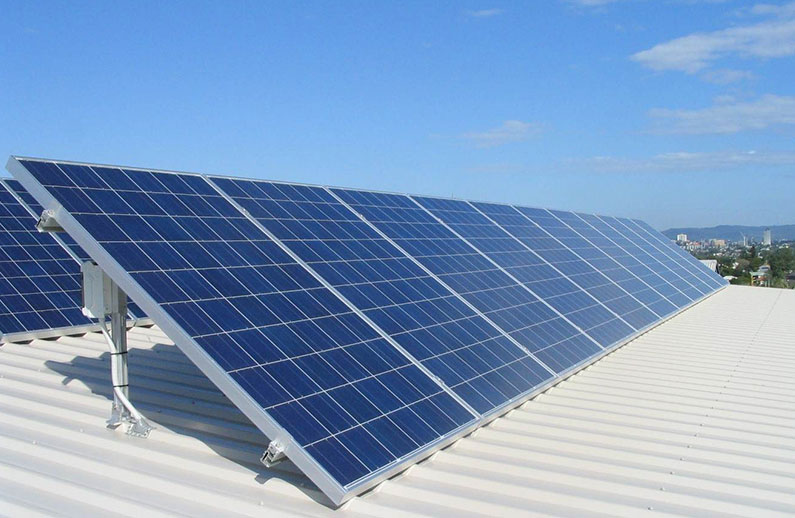
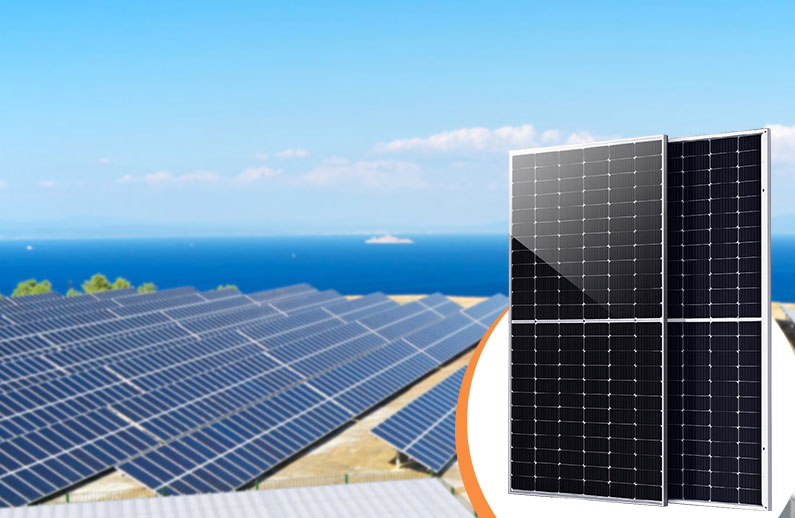
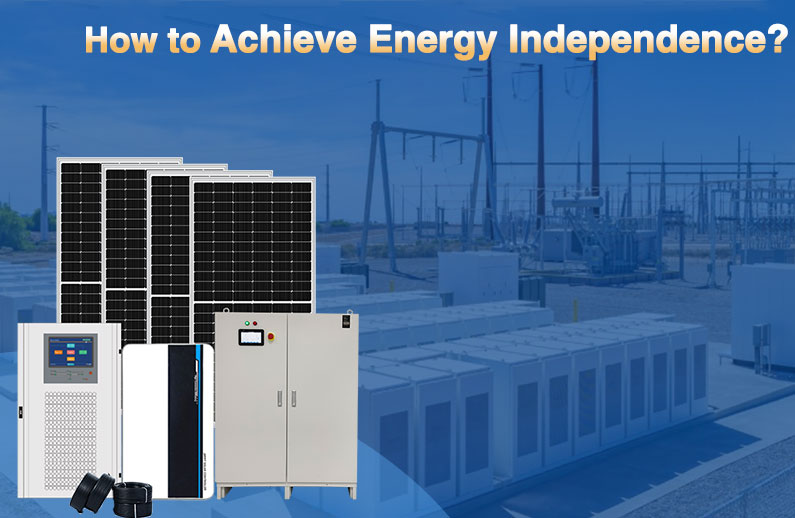
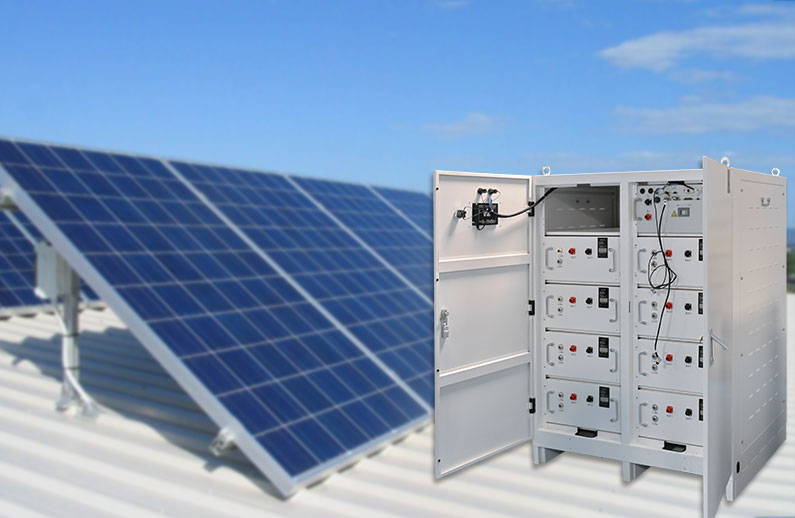
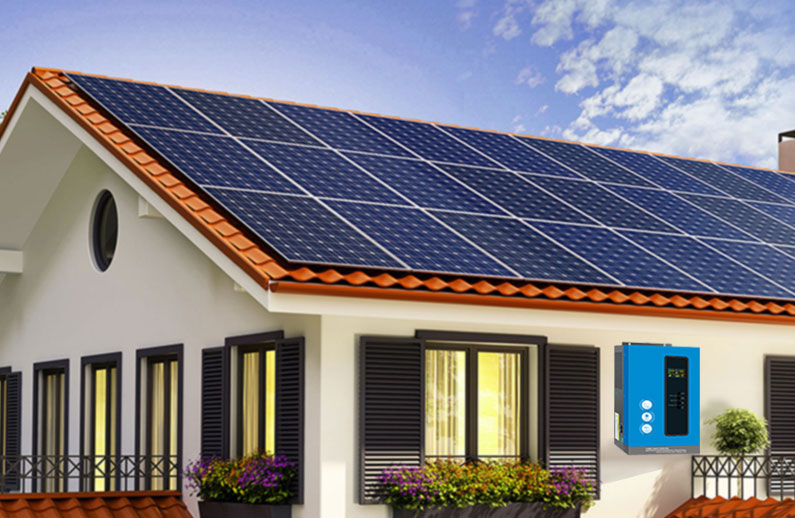
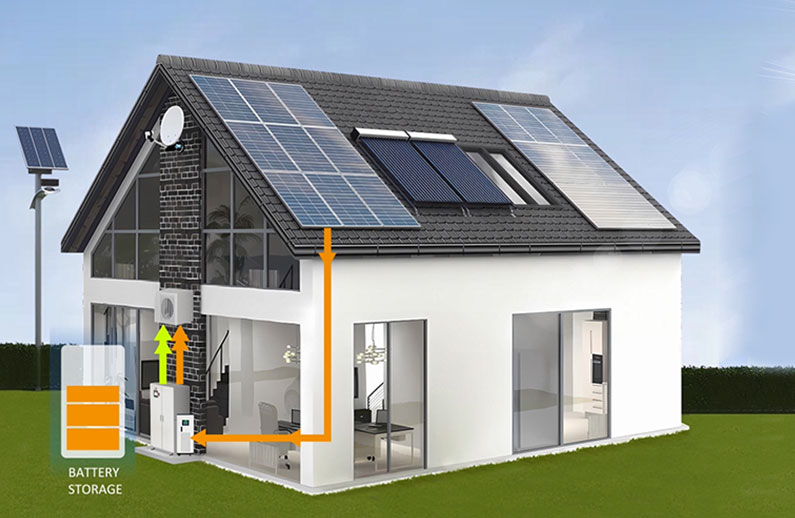

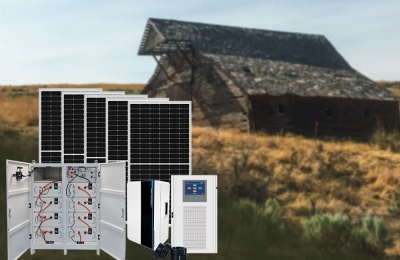

 Network Supported
Network Supported